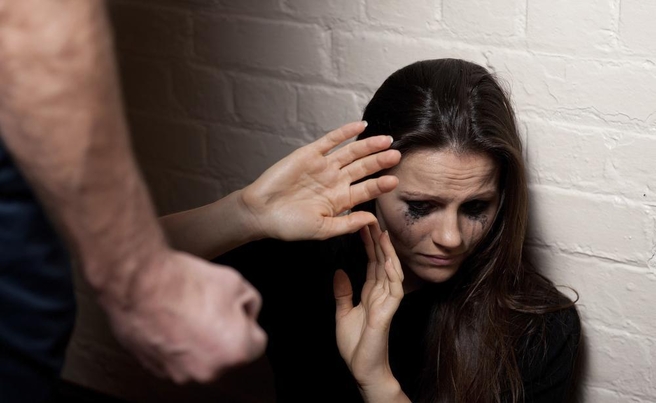Valentine’s Day is just around the corner. Dinner reservations have been made and the night will bring flowers, candy, and cards. For some women however, the dinner will be thrown to the floor in anger, cards will be ripped to pieces, and nothing sweet will pass their lips. For them, the night means walking on egg shells in fear and fists driven into her chest and back. For some, the one they love, the one they call husband, boyfriend, or partner is the one who inflicts the most pain. Pain borne out of insecurity. Pain borne out of misplaced blame. Pain borne out of pure evil. Love is not supposed to hurt. But the chances are you know a woman that is in an abusive relationship and the beatings have become her norm.
Here are the facts:
- Every 17 minutes, a woman in Canada is sexually assaulted;
- 1 in 3 women will experience physical, sexual, and/or psychological violence in her lifetime;
- College age women are three times more likely to experience sexual violence than any other age group; and
- Domestic violence homicide is one of the leading causes of death among black women 15-35 years of age.
Love is not supposed to hurt. Love is not supposed to hit. Love is not supposed to kill. This is not love. Sadly, victims often suffer in silence. They do not tell because they truly love their partners. They do not tell because they are embarrassed. They do not tell because leaving may mean loss of financial support. And they do not tell because they do not want to hand over the person they love to the police.
Using the body of a woman as a punching bag to work out one’s anger is wrong, monstrous, and criminal. Increasing awareness, knowing the signs of abuse, and providing safe spaces to victims is key. These statistics no longer need to be our reality. Our young girls and women deserve more and need our help. Let’s end this now. Change the norm. Know the signs. Acknowledge the behavior. Condemn abusers and help the victims.
Be safe,
L.J.
Follow me!
Facebook: @cupidssting
Instagram: @cupidssting
Twitter: @Cupids_Sting
#lauriesamuel #crimedoc #valentinesday #2020 #love #notpain #domesticviolence #violenceagainstwomen #genderbasedviolence #awareness #prevention #reduction #cupidssting #nonprofit #resources #safety #DC #Toronto #GTA #Brampton #PeelRegion #Antigua #Caribbean #womensissues #globalissues
Dr. L.J. Samuel is an Author and Criminologist working in Washington, DC, Toronto, ON, and St. John’s, Antigua. She is the founder of the non-profit Cupid’s Sting where she teaches women live-saving skills to reduce their potential victimization. She may be reached at info@cupidssting.org.
Assaulted Women’s Helpline 1-866-863-0511
The National Domestic Violence Hotline may be reached at 1-800-799-SAFE (7233).
References
Jones, F. (2014). Why black women struggle more with domestic violence. Time. Retrieved from http://time.com/3313343/ray-rice-black-women-domestic-violence/.
National Coalition Against Domestic Violence. (2014). Domestic violence fact sheet.
Colorado: National Coalition Against Domestic Violence.
Photo by: Sydney Sims, Unsplash.com



